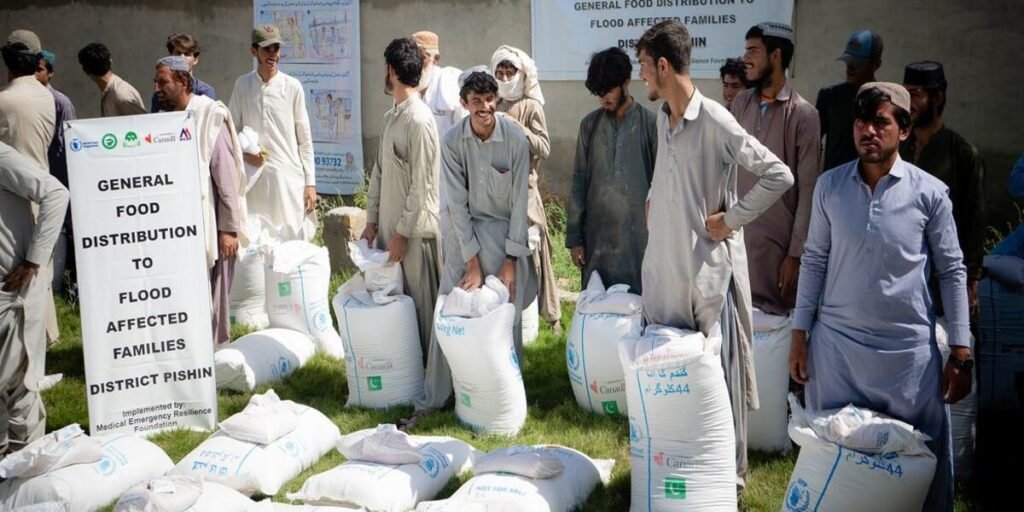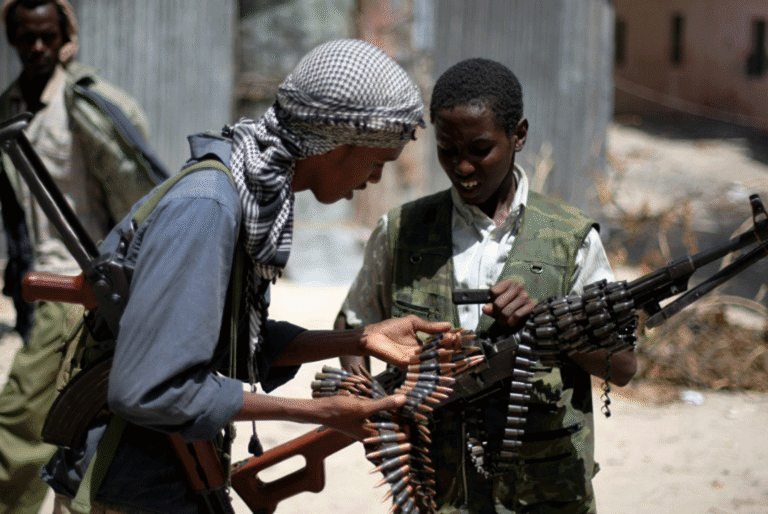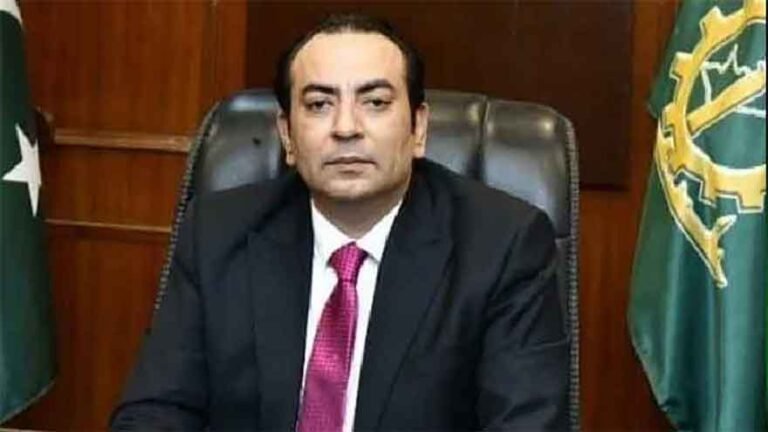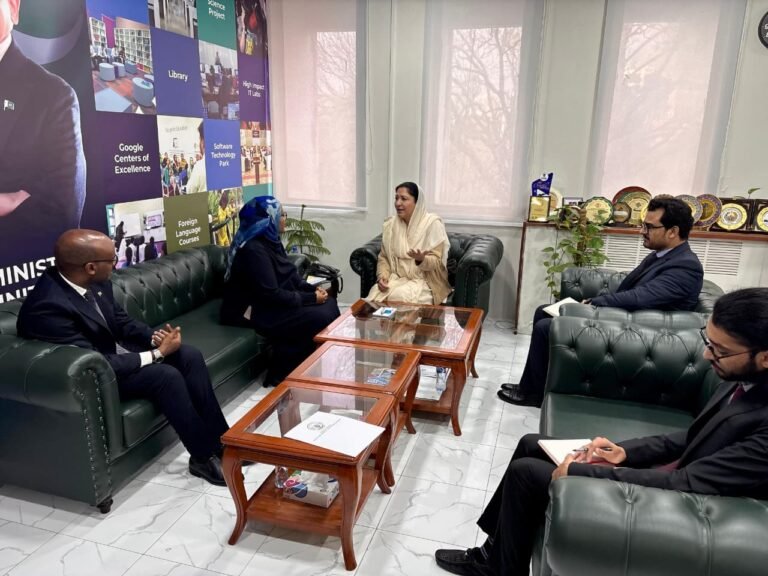Islamabad, 30 September 2023 (TDI): In alignment with Pakistan’s national development goals, the World Food Program’s Country Strategic Plan (CSP) 2023-2027 places a strong emphasis on achieving Sustainable Development Goal 2 (Zero Hunger).
Pakistan confronts substantial multidimensional challenges hindering its pursuit of the Sustainable Development Goals (SDGs) and Vision 2025, the national development priorities blueprint.
Pakistan faces mounting challenges amid a prolonged economic crisis and escalating political polarization. The intersection of political unrest, economic instability, and security threats poses a significant risk, potentially exacerbating the country’s already precarious situation.
WFP’s Country Strategic Plan (CSP) 2023-2027 aligns seamlessly with Pakistan’s national development objectives and sustainable development agenda, centering its efforts in achieving SDG 2 (Zero Hunger). WFP’s commitment extends beyond immediate aid, offering vital policy and advisory support to the Government of Pakistan.
Operational Updates:
In a significant stride towards combating malnutrition, the World Food Programme (WFP) is intensifying its efforts by expanding the Targeted Supplementary Feeding Programme (TSFP) in Sindh and Balochistan provinces, coupled with a Blanket Supplementary Feeding Programme (BSFP) in Sindh.
As of August 2023, WFP has provided moderate acute malnutrition treatment to 59,388 pregnant and breastfeeding women and 102,246 children under 5 through TSFP (26 percent of the target) and supported 22,548 pregnant and breastfeeding women and 17,216 children aged 6-24 months under BSFP (84 percent of the target).
Since August 2022, the World Food Programme (WFP) has swiftly responded to the dire needs of over 3.8 million individuals affected by flooding. WFP’s assistance efforts have included distributing 80,000 metric tons of essential food and nutrition aid and financial support of US$33 million through Cash Based Transfers (CBT).
In 2023, WFP’s impactful interventions have significantly mitigated the adverse effects of recurrent disasters on vulnerable communities. By concentrating efforts on restoring land access to nearly a million people affected by floods, WFP continues to bolster resilience, fostering sustainable recovery and progress in these regions.
The restoration of irrigation channels, water courses, and water ponds/reservoirs has directly impacted more than 66,000 households, benefitting approximately 400,000 individuals.
Also Read: WFP, Balochistan collaborate to combat food insecurity
Challenges:
Due to the extension of the Pakistan 2022 Flood Response Plan until 31 December 2023, WFP urgently appeals for $58 million in funding, comprising $45 million for Cash-Based Transfer (CBT) response and $13 million for vital nutrition support interventions.
Despite efforts, WFP had to scale back operations from assisting 1.1 million individuals to supporting 850,000 people in August 2023 due to funding limitations. If the funding gap persists, a further substantial reduction in assistance is anticipated in the coming months.
Pakistan faces ongoing political tensions and security challenges, with the dissolution of the National Assembly in August 2023, leading to an interim government of Prime Minister Anwaar-ul-Haq Kakar.
Rising fuel and energy costs have triggered widespread protests. The country grapples with precarious security, as seen in six terrorist attacks in KP and Balochistan during the same month.
Mohammad Rizwan Ali is a dedicated final-year student pursuing a Bachelor's degree in Peace and Conflict Studies from NUML, Islamabad. In addition to his studies, he actively contributes to the field as a content writer and contributor at The Diplomatic Insight, showcasing his insightful perspectives on diplomacy, peace, and conflict resolution.
- This author does not have any more posts.








